Modern cars collect more data about you than your smartphone. Your location, driving habits, speed patterns, even your voice commands and biometric signals like heart rate and eye movement - all of it is being recorded, stored, and often shared without your clear consent. If you drive a car made after 2020, especially one with ADAS features like automatic braking, lane assist, or adaptive cruise control, you’re already part of a massive, invisible data network. And most drivers have no idea what’s being gathered, who has access, or how it’s used.
What Data Do Your Cars Actually Collect?
Your car isn’t just a machine anymore - it’s a rolling computer. Modern vehicles generate up to 4,000 gigabytes of data per day. That’s more than 100 HD movies worth of information, every single day you drive. This includes:
- Location history - GPS coordinates recorded every few seconds
- Driving behavior - how fast you brake, how sharply you turn, average speeds
- Biometric data - cameras and sensors monitoring driver fatigue, eye movement, even stress levels
- Audio recordings - voice commands, in-car conversations if the microphone is active
- Vehicle diagnostics - engine performance, tire pressure, battery health
- Bluetooth and phone pairing history - who you call, what apps you use
- Climate settings and seat positions - preferences tied to your identity
Companies like Tesla, General Motors, Ford, and BMW all collect this data. But so do third-party vendors they partner with - mapping services, insurance companies, advertisers, and even government agencies. The data isn’t just stored locally; it’s uploaded to the cloud, often in real time.
Who’s Accessing Your Car’s Data?
It’s not just the automaker. Your data flows through a chain of companies, many you’ve never heard of. Here’s how it typically works:
- The car’s onboard system collects data via sensors and telematics
- Data is sent to the manufacturer’s cloud servers
- The manufacturer shares or sells anonymized data to third parties - like insurance firms (for usage-based policies), traffic analytics companies, or ad tech platforms
- Some data is shared with government agencies under safety or law enforcement programs
- Hackers can intercept data if security is weak - and many systems are not properly encrypted
In 2024, researchers at the University of Michigan found that 78% of connected cars transmitted unencrypted location data over public networks. That means anyone with the right tools could track your movements in real time - your home, your workplace, your doctor’s office, even your favorite late-night diner.
How Is This Data Actually Used?
Some uses sound harmless. Insurance companies offer discounts if you drive safely. Navigation apps improve traffic predictions. Emergency services can locate you faster after a crash. But the hidden uses are far more concerning.
Automakers are increasingly using driving data to sell targeted ads. If your car detects you frequently visit a gym, you might start seeing ads for protein shakes on your infotainment screen. If you drive to a specific dealership often, your next service reminder might include a discount offer from that brand - even if you didn’t ask for it.
Worse, data is being used to build behavioral profiles. Insurance companies are starting to use driving patterns to deny claims or raise premiums. In one case, a driver in Ohio had their policy canceled after their car’s system flagged “aggressive braking” - even though they were avoiding a child running into the street.
Law enforcement has also started requesting vehicle data without warrants. In 2023, Ford received over 2,500 requests from police for driving data, and complied with 94% of them - even when no crime had been reported.
Why Is This Legal?
Most drivers agree to data collection when they sign the vehicle’s terms of service. But those documents are hundreds of pages long, written in legal jargon, and rarely read. By clicking “I Agree,” you’re giving permission for your car to share your location, habits, and even biometric data with dozens of companies.
The U.S. has no federal law specifically regulating vehicle data privacy. Some states like California and Colorado have passed limited protections under their consumer privacy laws, but they don’t cover all data types or all automakers. The FTC has issued warnings, but has no real enforcement power over carmakers.
Meanwhile, the European Union’s GDPR gives drivers more control - they can request their data, delete it, or opt out of sharing. In the U.S., you’re mostly on your own.
What Can You Do to Protect Your Privacy?
You don’t have to give up your smart car - but you do need to take action.
- Check your car’s privacy settings - Most manufacturers have a privacy dashboard in their app or website. Turn off location sharing, voice recording, and data sharing with third parties if possible.
- Disable unnecessary features - If you don’t use remote start or geofencing, turn them off. Each feature is a data pipeline.
- Use a firewall or VPN for your car’s hotspot - If your car has Wi-Fi, connect it through a trusted VPN to encrypt traffic.
- Read the fine print - Look for sections labeled “Data Collection,” “Telematics,” or “Third-Party Sharing.” If it’s unclear, call the manufacturer’s customer service and ask for a plain-language explanation.
- Consider older models - Cars made before 2018 have far less data collection. If privacy matters more than autopilot, a used car might be the smarter choice.
Some companies, like Volvo and Hyundai, now offer “privacy mode” settings that limit data collection by default. Others, like Tesla, still collect everything unless you manually disable it - and even then, some data remains stored.
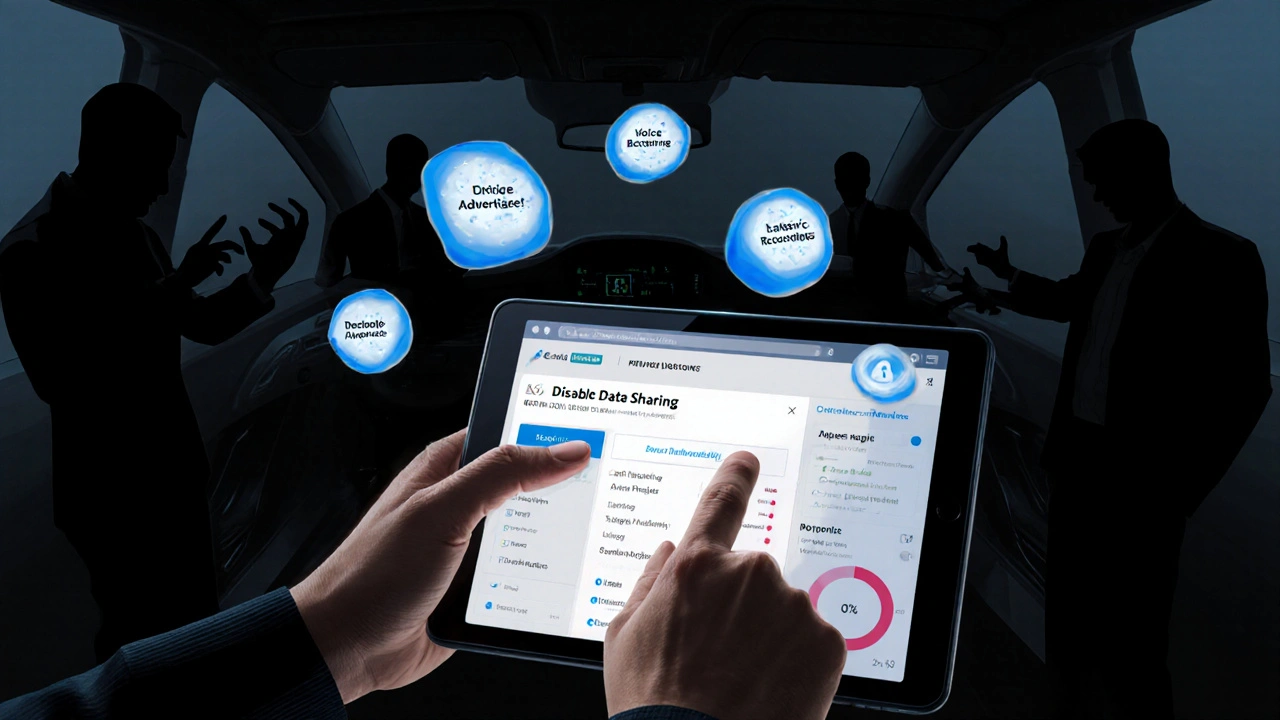
The Bigger Picture: Who Owns Your Car’s Data?
This isn’t just about ads or insurance. It’s about control. When your car collects data about your life - where you go, how you behave, what you say - who owns that information? The carmaker? The government? The insurance company?
In 2025, a new legal debate is emerging: Is your car’s data your personal property? Or is it the manufacturer’s asset? Some legal scholars argue that since the data is generated by your actions inside a product you paid for, you should own it. But automakers claim the data is theirs because it’s collected through their systems.
Without clear ownership rules, your driving habits could be used against you - in court, in insurance disputes, or even by employers who require company cars with tracking.
What’s Next for Vehicle Privacy?
Regulation is coming - but slowly. The National Highway Traffic Safety Administration (NHTSA) is drafting new guidelines for vehicle data privacy, expected to be finalized in early 2026. Meanwhile, Congress has introduced the DRIVE SAFE Act, which would require automakers to disclose what data they collect and give drivers the right to opt out.
But until then, the burden is on you. Your car is watching. It’s listening. It’s sharing. And unless you take steps to stop it, you’re not just driving a vehicle - you’re broadcasting your life.
Can my car record conversations inside the cabin?
Yes - many cars with voice assistants like Apple CarPlay, Android Auto, or built-in systems like BMW’s iDrive have microphones that activate when you say a wake word. Some systems, like Tesla’s, continue recording briefly after the command ends. Unless you disable voice recording in settings, those audio clips may be sent to the manufacturer’s servers for processing.
Do I own the data my car collects?
Legally, no - not in the U.S. Automakers claim ownership because the data is collected through their systems. You may have the right to request a copy of your data under state privacy laws like CCPA, but you usually can’t delete it permanently or stop all collection unless you disable connected features entirely.
Can hackers access my car’s data?
Yes - and it’s happened. In 2022, researchers hacked a Ford vehicle remotely and accessed location history, contact lists, and even unlocked the doors. Many cars still use outdated software with known security flaws. Always update your car’s firmware when prompted, and avoid connecting unknown Bluetooth devices.
Will my insurance company use my driving data to raise my rates?
It already does - if you signed up for a usage-based insurance program. Even if you didn’t enroll, some insurers buy driving data from automakers or data brokers. They can analyze your braking patterns, speed, and time of day driven to determine risk. You may get a discount - or you may get penalized for habits they consider risky, even if they’re safe.
Are electric cars more invasive with data collection?
Not necessarily - but they often collect more. EVs need constant connectivity for battery management, charging station mapping, and over-the-air updates. Tesla, Rivian, and Lucid all collect detailed driving and biometric data. In fact, because EVs rely on cloud services for core functions, they’re often more connected - and thus more exposed - than gas-powered cars.
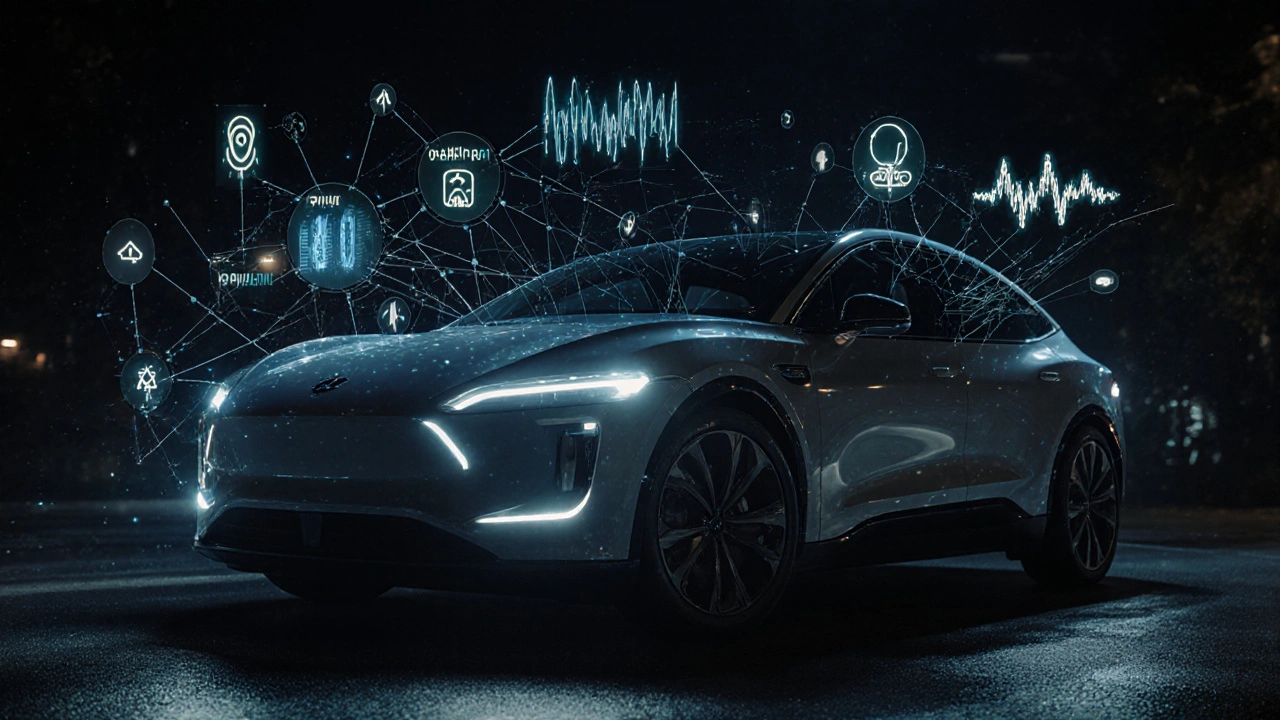
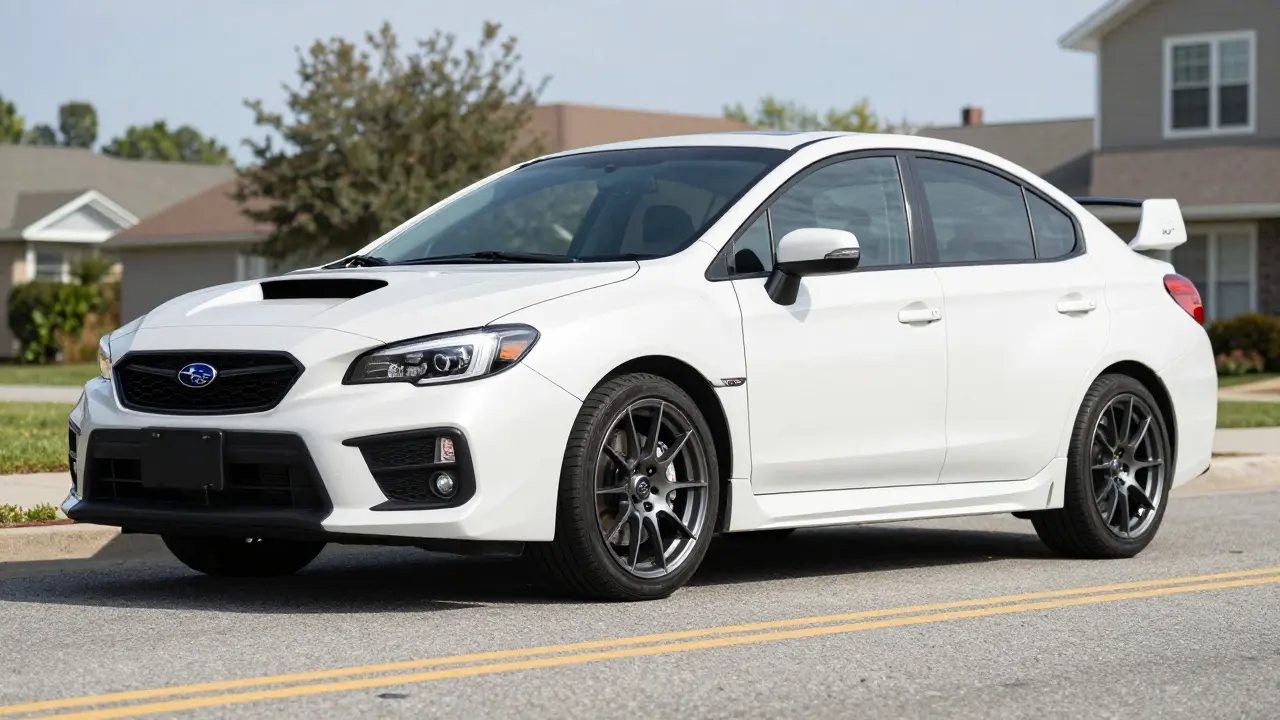
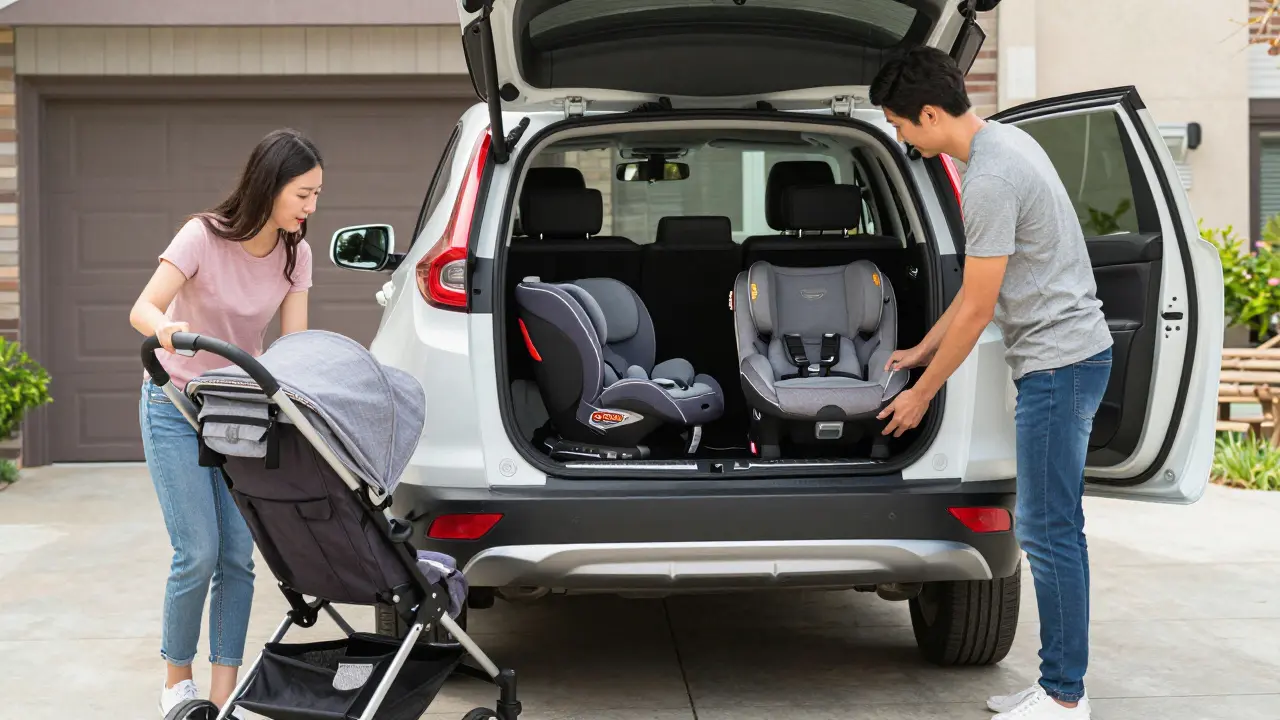

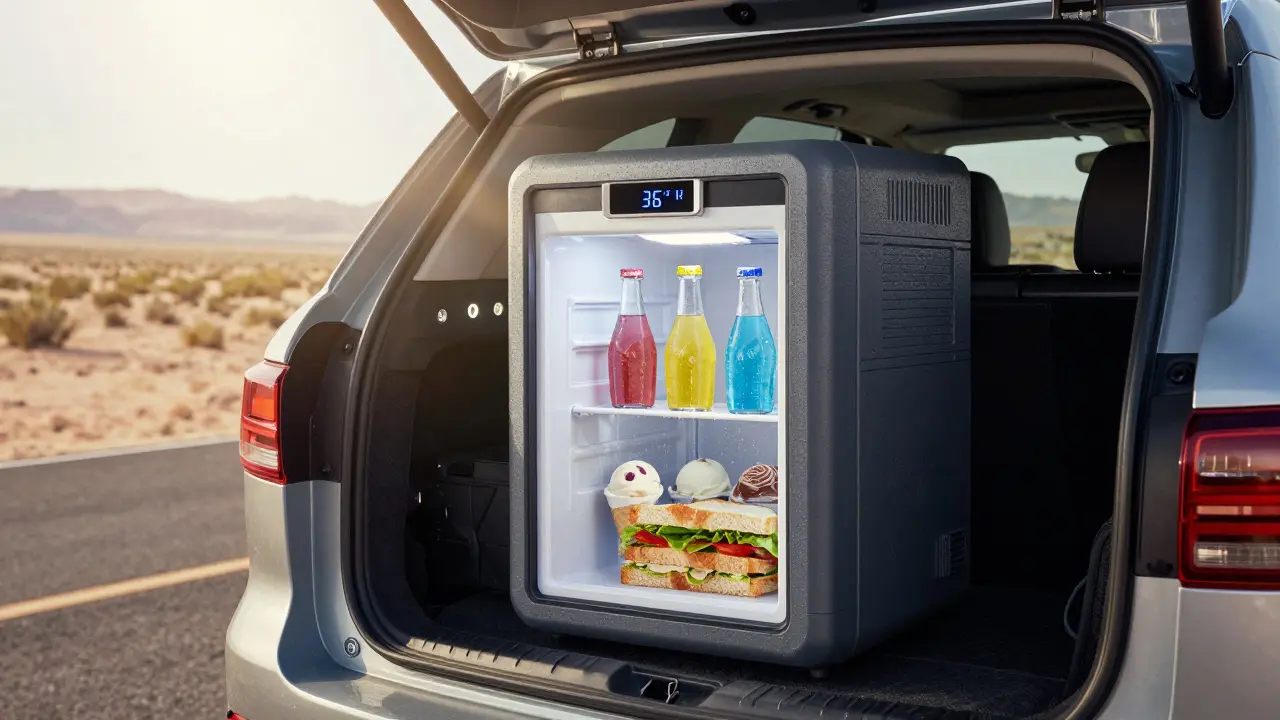
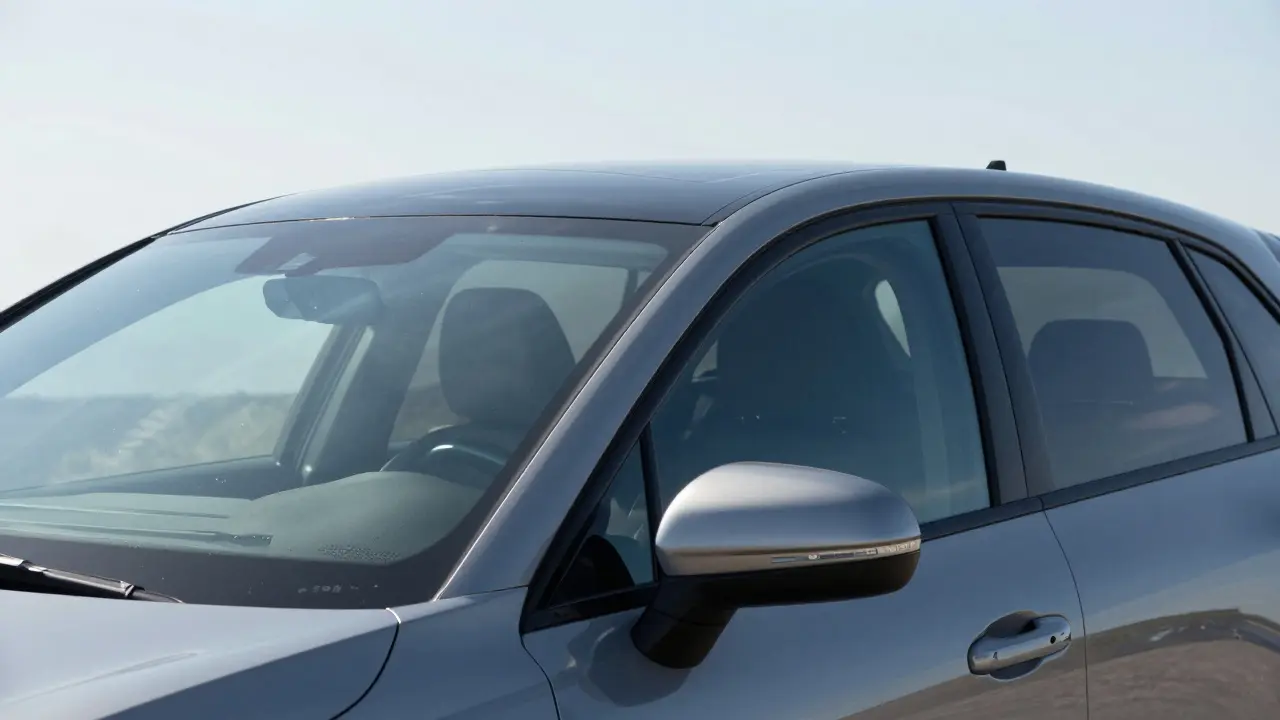
John Fox
November 11, 2025 AT 10:30just bought a 2023 Toyota and had no idea it was basically a spy car
chioma okwara
November 12, 2025 AT 13:59uuhhh so like... your car records your voice? like... when you sing in the shower? lol no but seriously i just found out mine does and now im paranoid every time i say "hey siri"
Tasha Hernandez
November 14, 2025 AT 09:52of course they’re listening. they’ve been listening since the first time you said "turn up the heat" and then got a commercial for space heaters the next day. this isn’t innovation, it’s surveillance capitalism with seat warmers. and dont even get me started on how they’re selling your biometrics to insurers who’ll charge you more because you blinked too much while driving. absolute nightmare.
Anuj Kumar
November 15, 2025 AT 13:34this is all part of the new world order. cars are tracking you so they can control you. next thing you know theyll shut your engine off if you drive too slow or go to the wrong place. its all connected to the government and big tech. they want to know where you are every second. dont trust any car made after 2020
Christina Morgan
November 15, 2025 AT 19:06thank you for writing this so clearly. i just checked my Hyundai’s privacy settings and turned off all third-party sharing and voice recording. it took me 20 minutes to find the right menu but it was worth it. if you have a newer car, please do the same. your data isn’t free - it’s your life.
Kathy Yip
November 16, 2025 AT 18:02im wondering if this is even legal... like if i paid for the car, shouldn't i own what happens inside it? why does the company get to claim ownership of my driving habits? it feels like renting a house and the landlord installing cameras in every room and saying "we own the footage because we built the walls"
Bridget Kutsche
November 17, 2025 AT 12:11if you’re worried about data collection, start with the basics: disable remote start, turn off location history in your car’s app, and unpair your phone from bluetooth if you don’t need it. i did this with my 2022 Honda and cut my data footprint by 80%. it’s not perfect but it’s a start. also - update your firmware! so many people ignore these updates and leave security holes wide open.
Jack Gifford
November 19, 2025 AT 06:42you know what’s wild? my car knows i go to the same coffee shop every tuesday at 8am. it even suggested a loyalty card for them last week. i thought it was helpful. then i realized - they’re building a profile of me. and now i’m kinda creeped out. why does my car care where i get my latte?
Sarah Meadows
November 19, 2025 AT 21:32this is why america needs to stop letting foreign automakers dictate our standards. german and japanese companies are harvesting our data and selling it to foreign governments. we need a national ban on telematics until we have proper sovereignty over vehicle data. this is a national security issue. our military-grade sensors are being used to map civilian movements. this is unacceptable.
Nathan Pena
November 20, 2025 AT 20:40the real issue here isn’t data collection - it’s the lack of a coherent legal framework for digital ownership. under current tort and property law, the data generated within a purchased asset should be considered a derivative of the user’s bodily autonomy. automakers are essentially engaging in quasi-proprietary extraction without consent. this is not a privacy concern - it’s a violation of the social contract between consumer and producer.
Mike Marciniak
November 20, 2025 AT 22:37they’re not just collecting data - they’re building a behavioral database for predictive policing. every time you brake hard, every detour you take, every late-night drive - it’s all being stored. someday they’ll use it to flag you as "high risk" and deny you insurance or even stop your car before you leave your driveway. this isn’t paranoia. it’s documented.
VIRENDER KAUL
November 21, 2025 AT 03:55in india we have no such issues because our cars are not connected. only the rich have these smart cars and they are fools to allow such invasion. why do you think the government allows this? because they are in bed with the corporations. you think your data is safe? think again. they can access it anytime. and you have no recourse. this is the future of slavery with air conditioning
Mbuyiselwa Cindi
November 22, 2025 AT 16:01just wanted to say thank you for sharing this. i’m from South Africa and we don’t have many connected cars here, but i’m seeing more of them now. i showed my cousin how to turn off data sharing in her new Kia and she was shocked. we need more people talking about this. your post helped me feel less alone about being worried. keep spreading awareness - it matters.